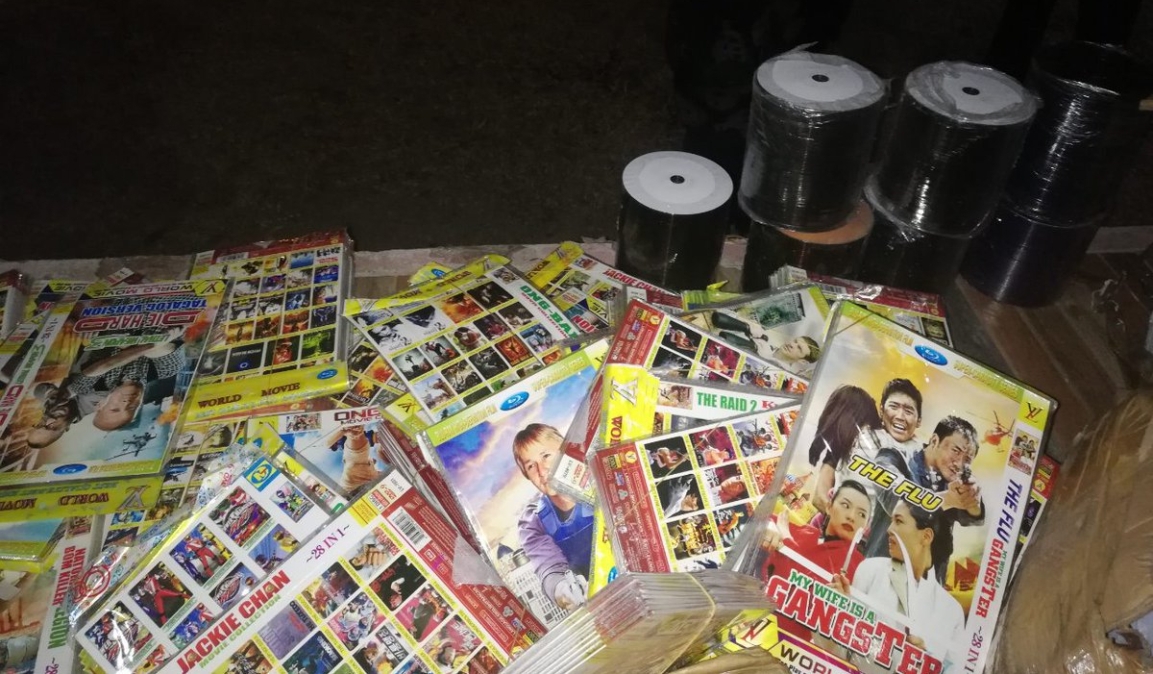In this week’s episode, guest Channette Romero discusses her article “Toward an Indigenous Feminine Animation Aesthetic,” which analyzes the aesthetics and politics of animation shorts created by Indigenous women situated in North America. Romero argues that these women’s innovative animation styles draw attention to the pervasive colonial gaze in mainstream animation and position Indigenous creatives as foremost multimedia artists.
Blog
Telenovelas and Black Celebrity in Brazil (with Bruno Guaraná)
In this week’s episode, guest Bruno Guaraná discusses his article “Taís Araújo: The Black Helena against Brazil’s Whitening Television,” which traces key moments in the television career of one of Brazi’s most popular television celebrities Taís Araújo, including the several times she has been slated as “the first black protagonist” on different television shows. Guaraná argues that, against Brazilian television’s practices of whitening raced subjects and pushing forth a colorblind ideology, the construction of Araújo’s star image has ultimately turned her into a popular symbol of black female resistance.
Digital Altars and Migrant Death in Mexico (with Xiomara Cervantes-Gómez)
In this week’s episode, guest Xiomara Cervantes-Gómez discusses her article “Where Blackness Dies: The Aesthetics of a Massacre and the Violence of Remembering,” which analyzes the digital altar created to commemorate the lives of 72 Central American migrants massacred in Mexico in 2010. Cervantes-Gómez builds on this analysis to interrogate the sensationalist depictions of migrant death, the affordances and limitations of digital media for attending to the divine, and, ultimately, the politics of blackness in the context of Mexico and the American continent.
The Politics of Blackness in Britain (with Mohan Ambikaipaker)
In this week’s episode, guest Mohan Ambikaipaker discusses his article “Music Videos and the ‘War on Terror’ in Britain: Benjamin Zephaniah’s Infrapolitical Blackness in Rong Radio,” which analyzes the political project of the music video Rong Radio, created by British artist Benjamin Zephaniah based on his own dub poem. Ambikaipaker argues that Rong Radio illustrates an “infra-political blackness,” a form of coalition building that is less tied to specific identity markers and instead builds solidarity across people of color responding to shared legacies of disenfranchisement through colonialism and imperialism. Ambikaipaker also discusses the affordances of music videos for activists looking to raise awareness of transnational issues and for educators hoping to generate discussion on complex topics in the classroom.
Pirate Film Cultures in Manila (with Jasmine Nadua Trice)
In this week’s episode, guest Jasmine Nadua Trice discusses her article “Manila’s New Cinephilia,” which analyzes the informal circulation of DVDs through Manila’s street vendors during the early 21st century. Trice demonstrates how these pirate forms of film distribution and consumption are quotidian practices in the Global South and why they represent new form of cinephilia, an appreciation of and deep knowledge of cinema’s technological aspects independent of the text itself.
Documentary Ethics and Trans Activism in the Philippines (with Curran Nault)
In this week’s episode, guest Curran Nault discusses his article “Documenting the Dead: Call Her Ganda and the Trans Activist Afterlife of Jennifer Laude,” which analyzes the production and circulation of the documentary that Nault co-produced about the murder of transpinay Jennifer Laude by a US marine. Informed by his roles as both producer and media scholar, Nault raises critical questions about the aesthetics and ethics of re-presenting trans death and, ultimately, reflects on the possibilities and limitations of documentary as a trans activist tool.






